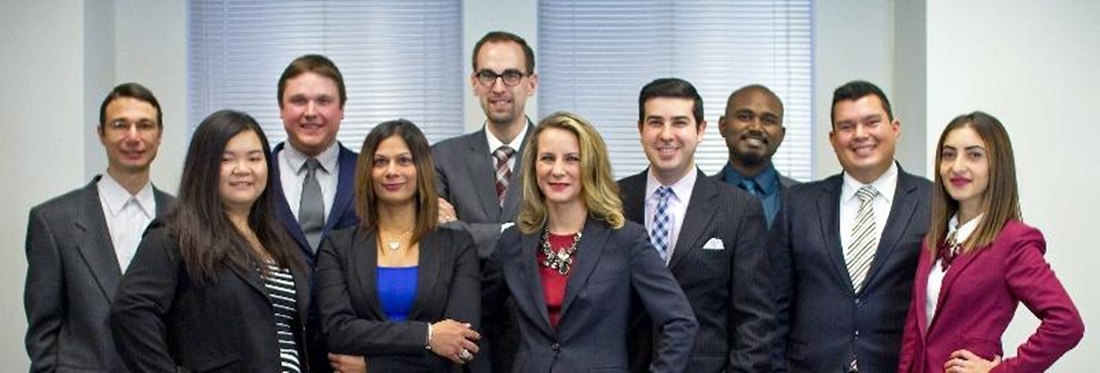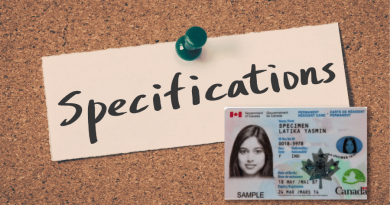Learning moments – “Excluded relationships” in Family Class applications
June 30, 2021
Hello, fellow practitioners! Today’s question deals with “excluded relationships” in Family Class applications and how to potentially resolve these legal difficulties.
Question
If an application is subject to R117 (9)(c)(i), can H & C grounds be considered? My understanding is that unless the second marriage is dissolved, H&C or Common Law or Conjugal relationship cannot be considered.
Answer
A great question!! To answer it, let’s start by reviewing IRPR 117(9)(c)(i), which states as follows:
Excluded relationships
(9) A foreign national shall not be considered a member of the family class by virtue of their relationship to a sponsor if:
(c) the foreign national is the sponsor’s spouse and
(i) the sponsor or the foreign national was, at the time of their marriage, the spouse of another person
This subsection of the Regulations therefore deals with situations of bigamy/polygamy, where one of the parties was already married to someone else at the time of the current marriage under consideration. This could happen knowingly, for example in cultures or countries where marriages to more than one spouse are deemed legal or acceptable.
It could also happen unwittingly, where one or both of the spouses were legitimately unaware that the first marriage had not been legally dissolved before the second marriage occurred. For the sake of convenience, let’s call the polygamous partner the husband, since realistically that will almost always be the scenario.
Polygamy is illegal in Canada and is an offense under the Criminal Code of Canada. A spouse is not a member of the family class if the spouse or sponsor was already married to another person at the time of the subsequent marriage. The Regulations prohibit a subsequent simultaneous wife from being recognized as a spouse within the family class and provides that only the first marriage may be recognized for immigration purposes. This creates the interesting but absurd result that a man could have multiple adulterous affairs and still sponsor his spouse, but could not do so if he had instead taken moral responsibility by marrying the previous partner.
By law, an applicant is deemed not to be a member of the Family Class in such a situation. This has many implications – it not only means the spouse has no right to be sponsored, but it also means the sponsor has no equitable right of appeal to the Immigration Appeal Division, per s.63(1) and s.65 of IRPA. (The sponsor could however argue on appeal that the negative decision is invalid in law should they believe the finding of simultaneous marriages is factually incorrect.)
This situation can be remedied in a number of ways, but your approach will depend on the facts of your case. The first issue you need to establish, is whether the potential sponsor and applicant are in fact actively involved in a polygamous relationship involving a 3rd party. More specifically, is the husband still in a real and subsisting relationship with his first wife, or is this simply a case where the first relationship has factually ended but the divorce paperwork was just never completed for some reason?
The vast majority of cases usually involve the second scenario – that the first marriage relationship still legally exists but factually the spouses are no longer in a conjugal relationship with one another. This typically occurs in cultures where divorce carries a lot of social stigma, therefore the partners have to engage in the charade of remaining “married” in order not to bring shame on the family and potentially impact their children’s future.
We know by virtue of s.117(9)(c)(i) that the applicant cannot be sponsored while a polygamous relationship exists, even where that relationship is on paper only, because the applicant is excluded entirely from the Family Class, and not only from the definition of “spouse”. This means the problem cannot be overcome simply by calling the couple “common law partners” or “conjugal partners”. What IRCC recommends in this situation (via their PDI cited below) is that all marriages be legally dissolved first, then the sponsor and applicant should either remarry each other or establish a common law relationship with each other.
This approach could potentially cause a problem for individuals living in a country where Sharia law is strictly applied, because some interpretations prohibit divorcing then remarrying the same person right away. It could also potentially cause a problem for individuals attempting to honorably avoid shaming the first wife, and children from that marriage, with a culturally stigmatizing divorce.
The PDI approach also appears to contradict s.4.1 of the Regulations which expressly states:
4.1
I suppose one could take the view that the purpose of dissolving the polygamous marriage and then remarrying the same person is to legalize the relationship for the purpose of Canadian law, but in my view it is difficult to avoid the conclusion that the sole purpose of doing this is for immigration purposes. That said, the PDI does state clearly that IRCC policy is to accept (and indeed encourage) this course of action.
s.25 of IRPA allows the officer the power and discretion to exempt individuals from almost any immigration requirement, if the exemption can be “justified by humanitarian and compassionate considerations”, colloquially known as H&C grounds.
Pages: 1 2





